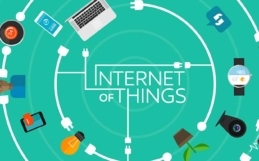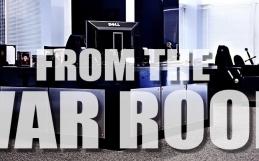Phineas Taylor Barnum was the world’s first show-business millionaire. He could promote and sell anything. He is historically … but erroneously … credited with the following phrase: There’s a sucker born every minute. The self-serving wisdom here is clear enough: there is no shortage of people who are willing to part with their money in exchange for empty promises, miracle potions, smoke, mirrors, and fanfare.
The only thing I dislike more than losing is dishonesty. That’s probably why I don’t like magicians or clowns!
It’s one thing to break a promise because you overestimated your abilities or failed to check all the facts or crunch all the numbers. You’ll let people down and that’s unfortunate, it damages your credibility and it erodes people’s trust in you. But I don’t think that is dishonesty, that’s just carelessness or negligence. In fact, I secretly like it when our competitors are negligent and we hear about it. That’s because we get the opportunity to come in, fix their problems, and we look like the knights in shining armour who saved the day. But what about when others are dishonest; over-billing, over-promising, and deceiving their clients about what is possible? I hate that. That actually makes our jobs harder, and quite frankly … it’s immoral.
I know there are some modern-day PT Barnums out there who believe this kind of moralism about making money is naive. Thankfully, that old guard is dying off. The reality is that consumers (and CIOs) are voting with their dollars, and no one likes being taken advantage of. Our industry is already overloaded with lofty promises, miracle solutions, and fashion-driven jargon. When others are dishonest (rather than just negligent), it makes it harder for honest companies to get their foot in the door, build a trusting relationship with a new client, and ultimately make money. As they say “once bitten, twice shy”.
Today’s successful business relationships are not zero-sum games; they are not purely transactional, and our success proves it. But it takes work; being honest about pricing, owning up to mistakes, and managing people’s expectations. As Jay loves to say, “Trust is a difficult thing to build, and a really easy thing to lose.” If you’re clever, fooling people is easy. The question now is … will you?
Trust and loyalty are important words for us; we honour them on our walls in the office and in the way we train new Wepz. We share stories about our favourite relationships to anyone who will listen; where we were given a chance based on a promise; we delivered better than expected and then continue to build mutual trust and loyalty. The bottom line is this; we trust our clients and they trust us. We make their IT run smooth and enable them to grow their business – then we make more dough based on their growth. As Charlie says, “…Winning…!”




